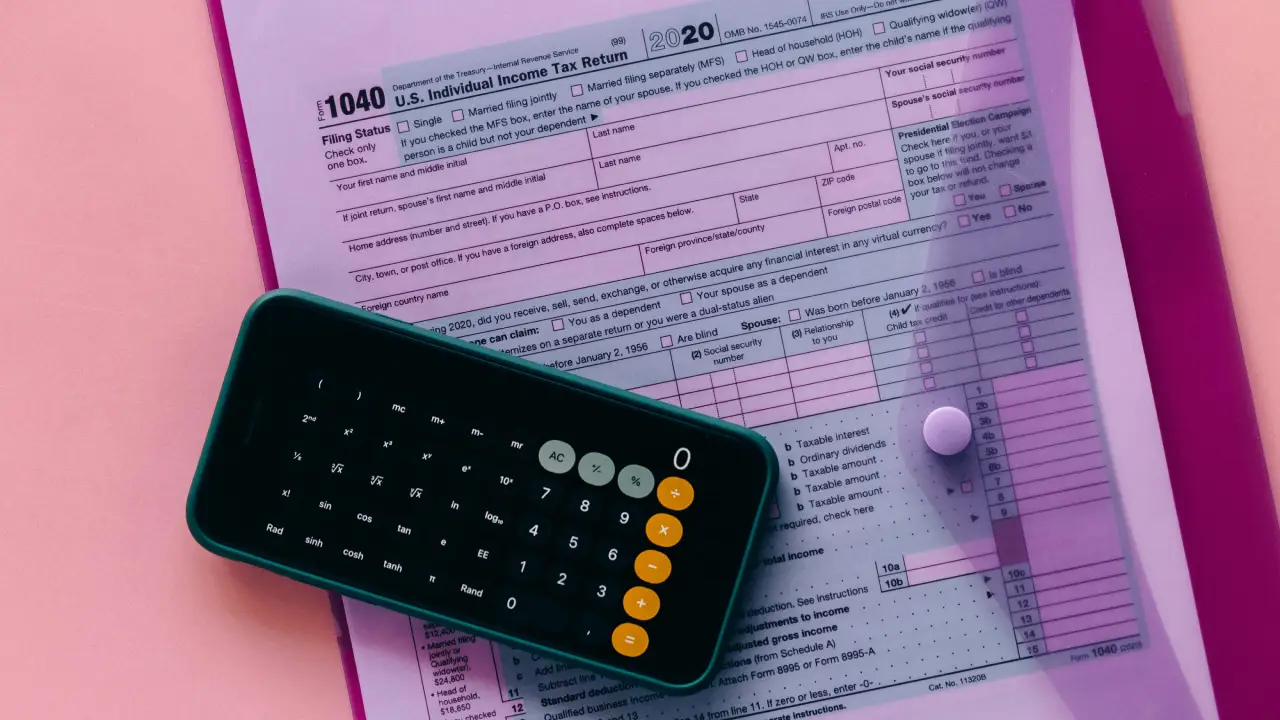Keep Accurate and Organised Records
The foundation of tax savings lies in good record-keeping. Every business transaction, whether large or small, should be properly documented. Unfortunately, many small businesses fail to track all expenses, leading to missed deductions.
Best practices include:
- Storing receipts digitally through apps or accounting software.
- Categorising expenses accurately (e.g., travel, office supplies, utilities).
- Reconciling bank accounts monthly to ensure records match.
When supported by accountancy services, your financial records remain organised, reducing errors and ensuring you never miss eligible tax write-offs.




